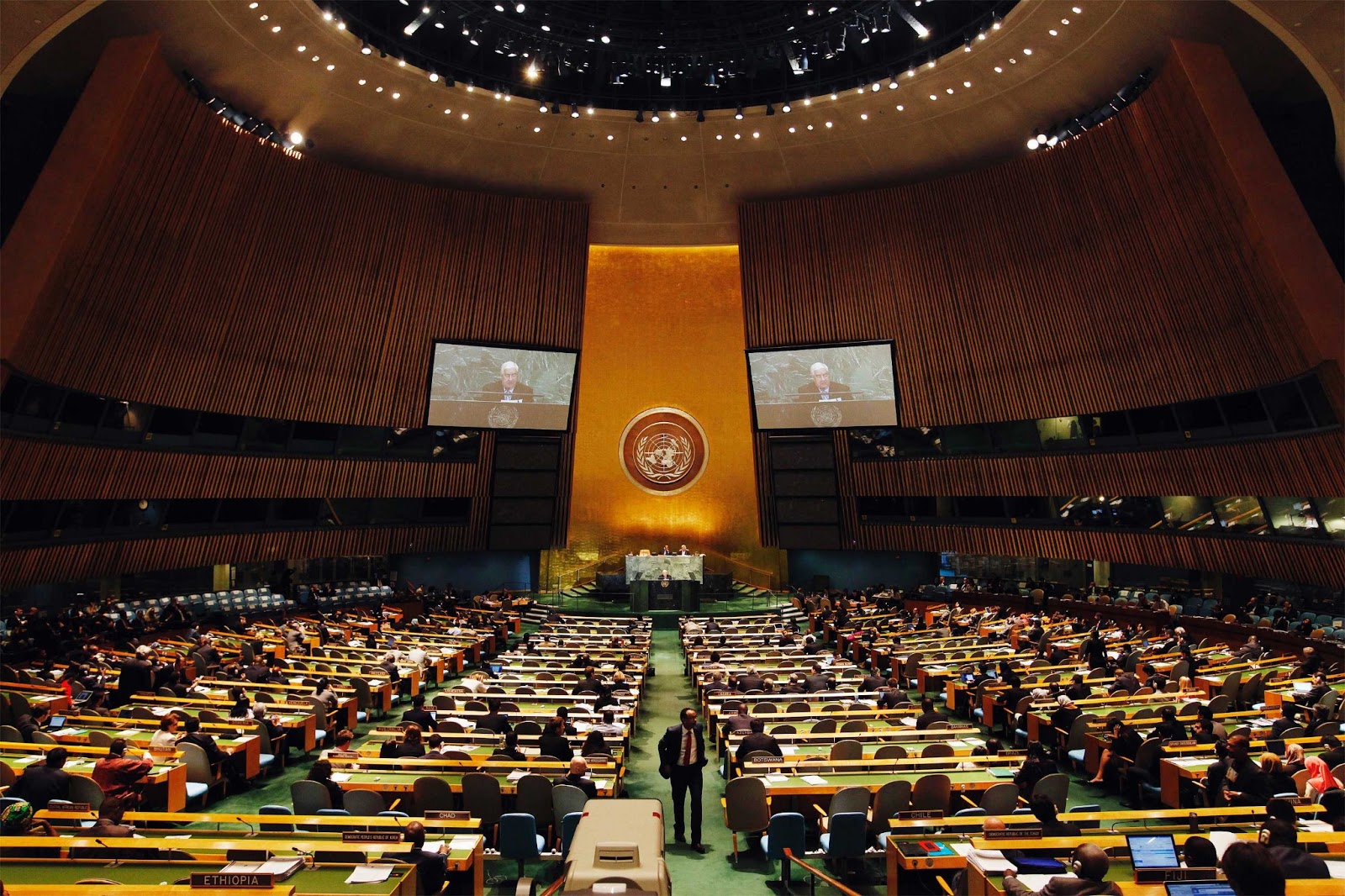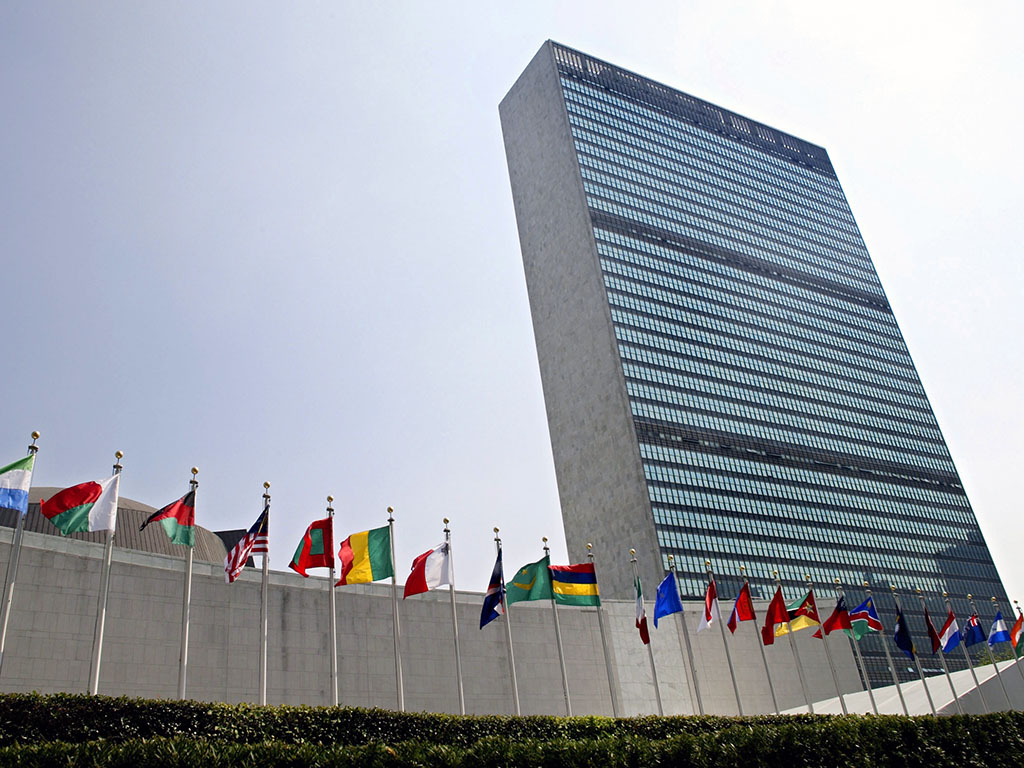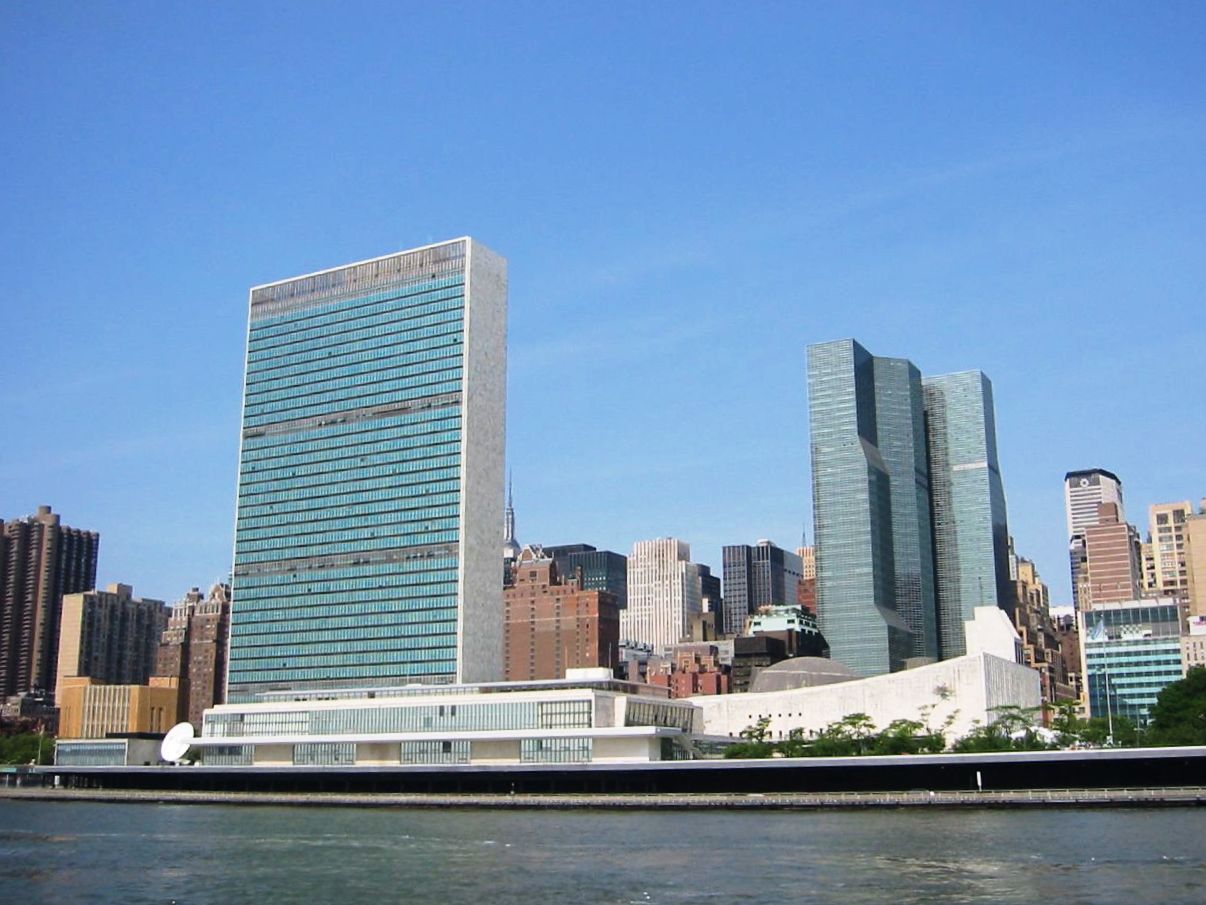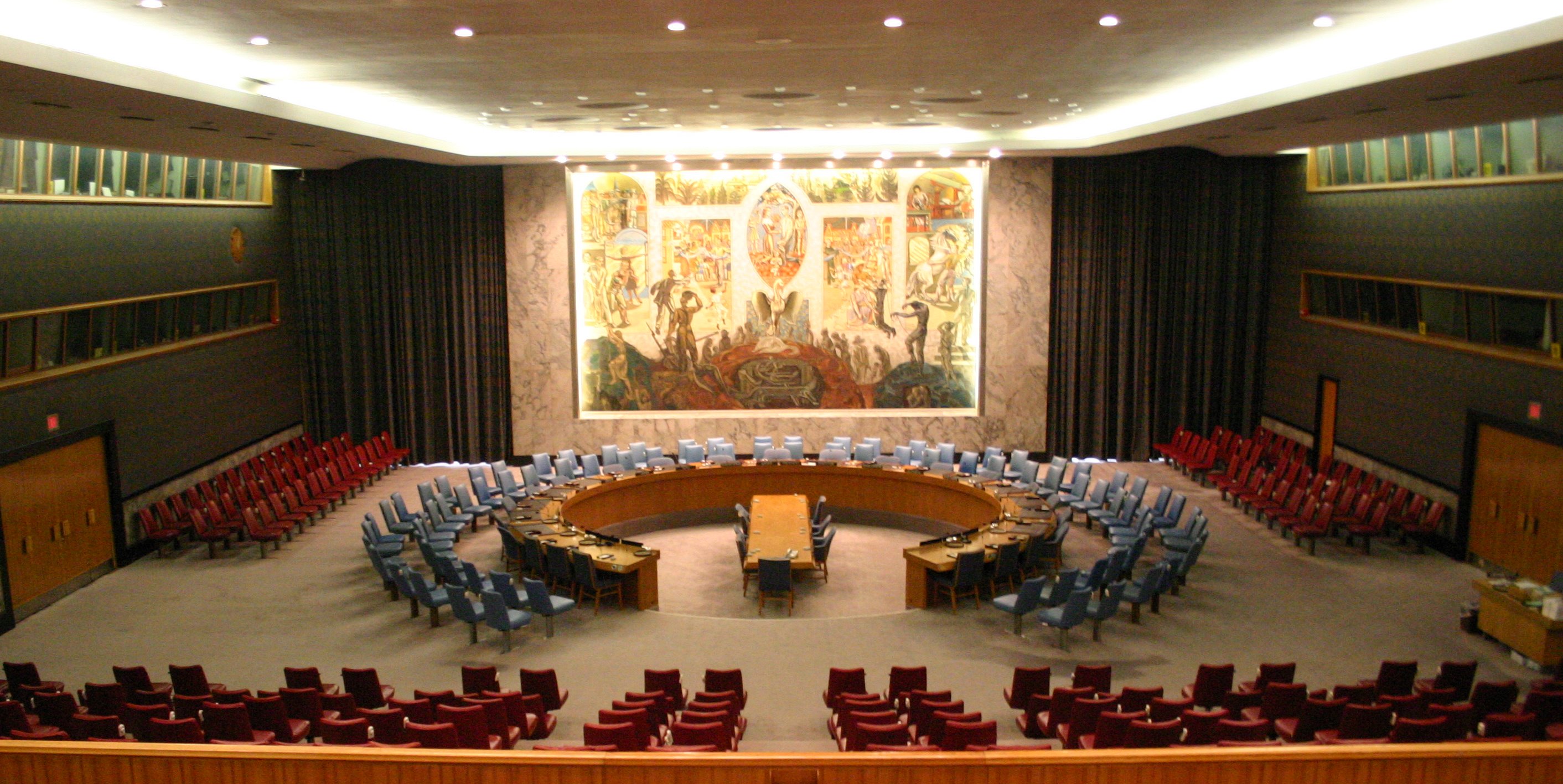The COVID-19 pandemic has compressed global trade by magnitudes last seen during the 2008 global financial crisis. Trade has dropped sharply in developing countries, though with differences between regions.
Monthly Briefing on the World Economic Situation and Prospects

The short-term impact of the pandemic on employment should be differentiated from its longer-term consequences, involving inter-sectoral changes in labour demand and further acceleration of robotization and automation, necessitating active labour market policies.

On average, weighted by the size of economies, the world economy points to a steep disinflation. However, inflation rates are diverging among countries. In the majority of countries, the price level has increased since the onset of the COVID-19 pandemic.

Millions of people are either losing their jobs or going through significant reductions of their income or working hours. This impact is unevenly distributed along education, gender, age and immigration divides.

Robust and coordinated development cooperation will remain critical to ensure that developing countries can weather the storm and accelerate sustainable development of their economies

Urgent and bold policy measures are needed, not only to contain the pandemic and save lives, but also to protect the most vulnerable in our societies.

Gender gaps remain pervasive worldwide, constraining economic potential; most countries are not on track to achieve the SDG target 8.5 ?equal pay for work of equal value? by 2030; eliminating gender inequalities requires legal reforms, financial incentives and shifts in societal attitudes

According to the WESP 2020, sluggish global growth threatens sustainable development; 1 in 5 countries will see per capita incomes stagnate or decline this year, notably in Africa, Latin America and parts of Western Asia; across the world, many policies continue to encourage the use of fossil fuels

As energy demand is rising globally, it is imperative to transition to clean energy; the status of natural gas as a ?transition fuel? is waning; the automotive sector in Europe is undergoing dramatic changes
 Welcome to the United Nations
Welcome to the United Nations